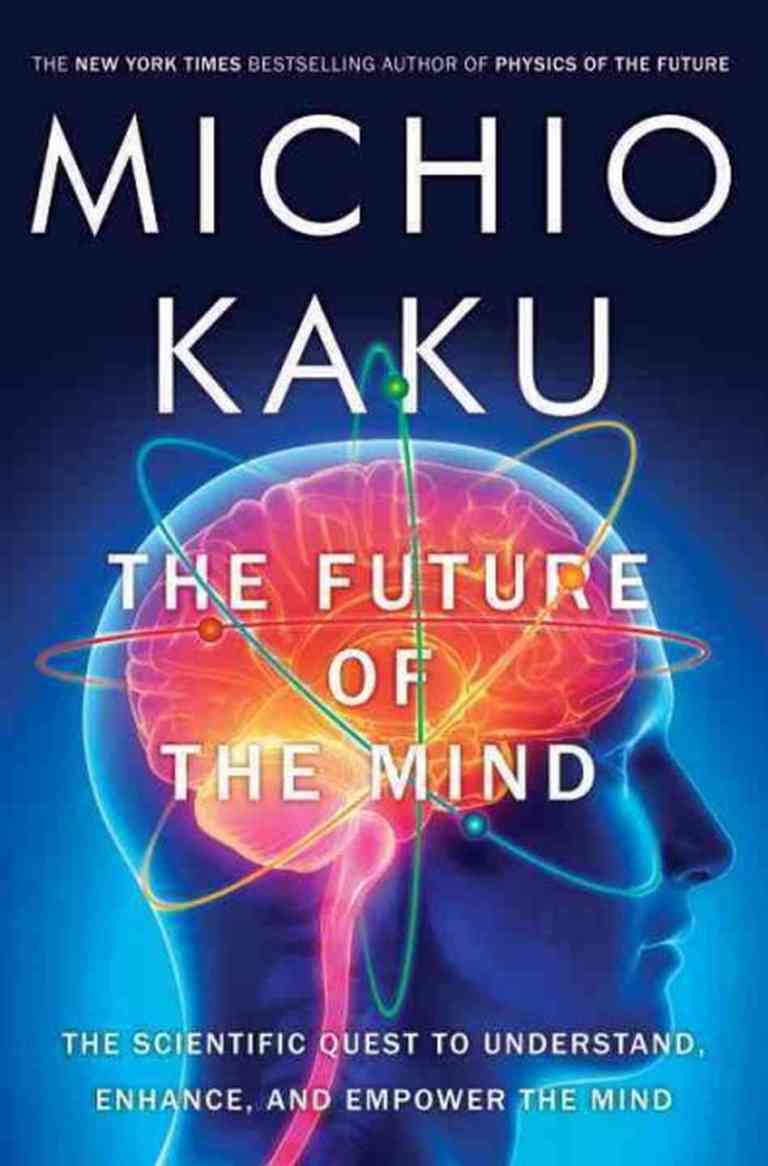science
Why We Need Explorers
Public spending around the world for scientific research is disgustingly small. For example in the United Kingdom public spending for scientific exploration is NEGATIVE 26.3%. This number is similar to the public spending in the United States and Germany. In fact currently scientific research is considered so insignificant that during the United States government shutdown NASA has furloughed 97% of its employees.
Scientific reasearch is not just for scientists but it affects our world in amazing ways. Some examples of beneficial outcomes from scientific reasearch come from space exploration the brain child of the underappreciated National Aeronautics and Space Administration. Our universe is not only beautiful but gives back to us. “[The 1975 Chase Econometrics] showed that for every one dollar spent on Apollo, 14 [dollars] came back into the U.S. economy.” Not only did Apollo pay for itself 14 times over but it also gave way to new mechanics and engineering and inspired people all over the world. Quantum Theory has also given so much to our society and economy. Figuring out the behavior of electrons led to the invention of silicon and transistors. Which has contributed to an incalculable amount of dollars in the economy and are the basis for our modern world. All of this can attribute its self to some scientists studying the light given off by electrons in atoms.
These are just two of many examples of how publicly funded science and exploration have contributed to our economy and society .But if it does so much for the world why do we invest so little? Because our politicians and general electorate are not scientifically literate and disregard and are intimidated by what they do not understand. By scientifically literate I do not mean that every world citizen should know the string theory or contemplate multiverse in his or her spare time or be well versed in organic chemistry. Instead what I mean by scientific literacy is that it is a way of thinking and living fueled by curiosity and a need to know more and not accepting everything at face value. We need a population that does not praise fact memorizors but values the curious.
Analyzing this video reveals some great things. Considering as too why belive the speaker (logos). Brian Cox works at CERN in Geneva and he’s a professor at the University of Manchester, working in the High Energy Physics group, and is a research fellow of the Royal Society. In britain he is also the face of scientific literacy as he is a media figure who explains physics to the public. His use of the visual inspires the audience sometimes with its beauty other times with its simplicity.
An anecdote for you:
Regarding a 14-year-old student at a school science fair:
He invited people to sign a petition that demanded either strict control of, or a total ban on, dihydrogen monoxide…. Yes, 86 percent of the passersby voted to ban water (H2O) from the environment. Maybe that’s what really happened to all the water on Mars.
If you want to hear more opinions about the importance of scientific research and scientific literacy here are some thing to look at.
Bibliophile # 1
The Future of the Human Mind:
I finished this last month and I absolutely LOVED it! If anyone has even the slightest interest in the brain at all I highly suggest reading it… actually I think all humans should read it… hmmm.. actually if you are an alien (first let me know because thats awesome) you should read it too because there is a chapter on aliens too.
This is the second book by Dr. Michio Kaku I have read. I also read Physics of The Future which is another great book of his. Kaku really has a knack for explaining very complex scientific theories and technologies to a more general audience.
Basically our present is the future, many of us have always dreamed ( or been scared of), but if you want to know where we are heading as a culture and a species I would check it out!


